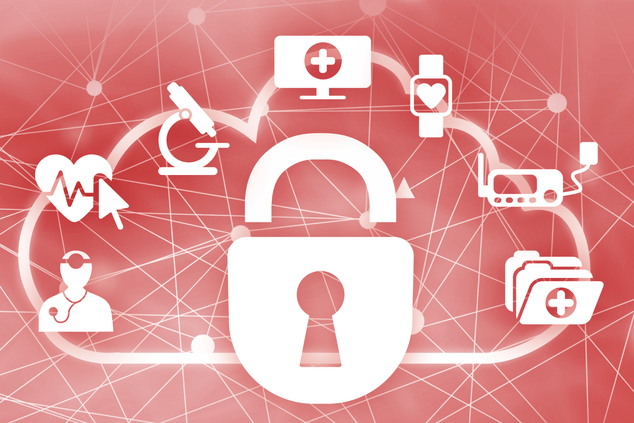How Much Germans Invest in Cybersecurity

The EU Agency for Cybersecurity (ENISA) provides guidelines on how to better secure eHealth. On average, Germans spend 5.10 euros per month to protect their personal devices. Many even skip basic security measures like updates.
Whether it’s VPN access on a smartphone or antivirus software on a PC, the majority of German internet users spend only a few euros per month on extra protection for their personal digital devices. On average, they spend 5.10 euros. More than half (56%) pay less than 5 euros per month, a quarter (25%) pay 5 to 10 euros, and 9% pay 11 to 20 euros. 6% use free security solutions, 2% don’t know or don’t want to comment on it. Another 3% don’t protect their devices at all.
These are the results of a survey of 1,021 people aged 16 and over in Germany who use the internet, conducted by the Digital Association Bitkom. “The manufacturers of smartphone and computer operating systems have integrated many security functions in the past. Nevertheless, everyone should at least check their security settings and consider where paid services might offer added value—especially if the devices are used for sensitive tasks such as online banking,” says Felix Kuhlenkamp, IT security expert at Bitkom.
Negligence and Overload
Often, internet users make it too easy for cybercriminals. For example, 7% of respondents never check their online accounts—such as email, online shopping, or social media accounts—for suspicious activities, 24% do so less than once a month. Another 27% do so at least once a month, only 29% check at least once a week, and 10% do so daily.
Many are also negligent when it comes to installing updates. 5% do so almost never, 6% only when there are problems, and another 20% irregularly. One-third (35%) of respondents regularly install updates, with 30% doing so immediately after they become available.
However, many simply feel overwhelmed by the topic. Only 37% believe they can adequately protect their digital devices from cybercriminal attacks. Additionally, 54% of respondents don’t know who to contact if they become victims of cyberattacks. Around half (48%) would like to take a cybersecurity course to better protect themselves online.
"How to protect oneself from cyberattacks should be taught in schools. However, there are also many informational and training opportunities, such as at adult education centers or online courses. Those who feel unprepared should sign up there," says Kuhlenkamp.